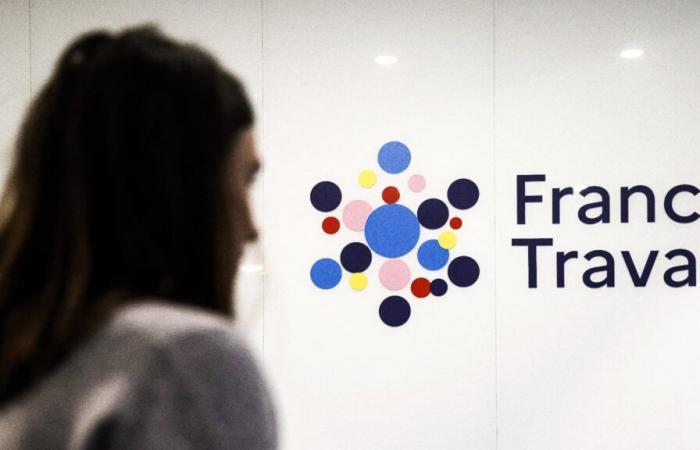False promises, bad contracts, hidden insecurity… A new study conducted by the CGT Chômeurs denounces a majority of job offers which are illegal.
In total, 55% of job offers relayed on the France Travail platform are fraudulent. This is what a study published by the CGT Chômeurs on August 29 reveals.
A situation which “creates despair among people in precarious situations”, deplores the Secretary General of the National Committee of Workers Deprived of Employment and Precarious Workers (CNTPEP) CGT, Pierre Garnodier to L’Humanité.
“We have had testimonies from unemployed people who explain to us that they have been applying for jobs on the France Travail website for months, but that employers never respond.”
However, a study published by France Travail last January pointed to a figure of 7% for job offers not complying with the legal framework published on its platform. A distorted report, according to Pierre Garnodier, who explains that the study was based on “2,500 offers verified by one of their agents and 2,500 offers from partners” even though “80% of the offers on their site come from external partners and not just 50%”.
“Fake” offers deemed “illegal”
But why are these offers considered “illegal”? “It is stated in the Labor Code that all offers must be a strict reflection of the employment contract that will be signed and must not contain any wording that could mislead,” insists Pierre Garnodier. However, this is not the case for the majority of published offers. For example, we can mention the promise of a fixed-term contract leading to a permanent contract that “does not correspond to the reality of the contract signed.”
On another note, there are also offers that do not exist and which have not been removed from France Travail.
“They are on the France Travail website, but when you click on the link to go to the partner’s website, it is indicated that the offer has already been filled,” says Pierre Garnodier.
“And finally there are fraudulent offers. These are advertisements posted by private companies with the aim of getting precarious workers to apply,” he continues. These are temporary employment agencies that advertise contracts of up to 18 months but which in reality only offer a position for a few days.
Independent study required
To remedy this situation, Pierre Garnodier is asking for an independent study to be conducted by the General Directorate for Consumer Affairs, Competition and Fraud Control (DGCCRF). “Our goal is not to criticize France Travail or to call for its privatization. On the contrary, we want to defend the public service,” he argues, while demanding that “the right of France Travail’s private partners to post as many misleading offers on their site be removed.”
In order for France Travail to sort its ads more, Pierre Garnodier announced that he wanted to contact the DGCCRF “once again” next week. “For the moment, we have the impression that there is no will on the part of the DGCCRF or even the government to put an end to this phenomenon of bogus offers,” he concluded. “And this is a problem because we have a huge number of precarious workers who are victims of these false ads.”






